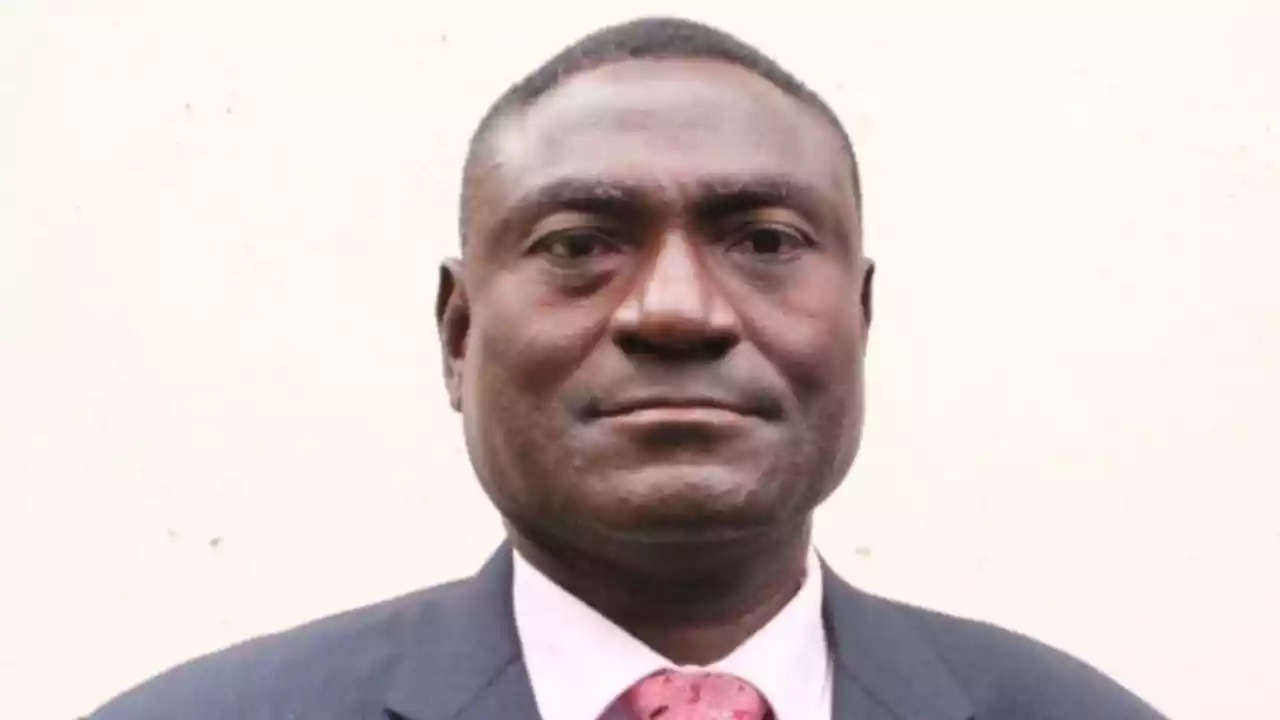
THERE are plans to turn Maphisa Hospital in Matabeleland South into a functional nurse training centre as part of broader efforts to revitalise healthcare and speed up development in the province.
Matabeleland South Provincial Affairs and Devolution minister Albert Nguluvhe said he has engaged national authorities to fast-track the operationalisation of the training institute.
“I have already discovered that Maphisa has a training institute, and I have communicated to the head office that I need tutors,” said Nguluvhe, who was speaking during a provincial development committee (PDC) meeting held in Bulawayo last week.
“I want that facility in Maphisa to be fully operational.”
He called on local leaders to urgently provide a list of existing challenges and needs so he could push for tangible results.
“Something is already being done for Maphisa so that the hospital there can start training our nurses,” he said.
Nguluvhe’s remarks came at a time when residents in Matobo district are grappling with a health system on the verge of collapse.
The once-thriving Antelope District Hospital, a cornerstone of healthcare in the region, now lies in ruins.
- Corruption watch: Who needs elections, anyway?
- Zinwa blames water woes on council
- Corruption watch: Who needs elections, anyway?
- Zinwa blames water woes on council
Keep Reading
A recent visit by this reporter revealed a derelict structure — roof sections blown off, shattered windows, cracked walls, and vital wards lying in disrepair.
Efforts to repurpose the facility into a vocational centre have also been dashed, after the Department of National Housing declared the structure unfit for use.
With Antelope out of commission and Maphisa Hospital struggling, the district’s healthcare future now rests heavily on clinics under construction and the potential revival of Maphisa’s training capabilities.
Against this backdrop, Nguluvhe used the PDC platform to issue a stern directive to government departments, urging them to accelerate development initiatives in line with Vision 2030 and the National Development Strategy 1 (NDS1).
“We have been given the mandate to decide what is good for the province,” he said.
“We don’t expect the president to come down and supervise us — that’s what devolution means. As long as we work within our mandate, we have not deviated.”
He warned against a laissez-faire attitude among civil servants and demanded strict timekeeping, coordination, and consultation with communities before launching any projects.
“Let the projects emanate from the grassroots. People want service delivery, but we cannot deliver without involving them,” Nguluvhe said.
“I want this province to move like any other province, but with equity.”
He questioned resource allocation disparities, citing borehole distribution as an example.
“Why should Beitbridge have 70 boreholes while Mangwe has only 20? Is that not leaving others behind?”
Nguluvhe also dismissed the long-standing perception that Matabeleland South contributes the least to the national economy, noting that the province delivers nearly 40% of the country’s gold output to Fidelity Gold Refinery and hosts key border points like Beitbridge and Plumtree.
He reaffirmed the importance of the PDC as a vehicle for collaborative and sustainable problem-solving.
“This committee helps us align our development priorities with the needs of our communities,” he said.
“It’s a space for innovation and coordination — we must use it to uplift our province.”









